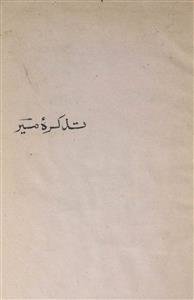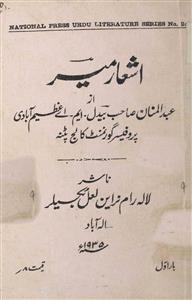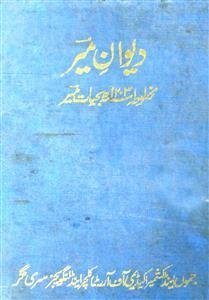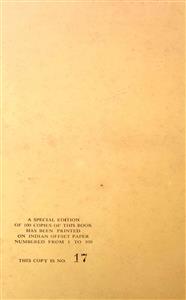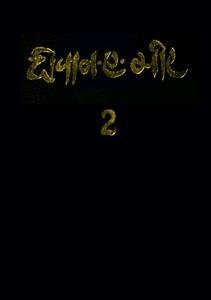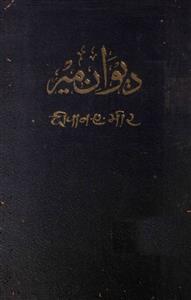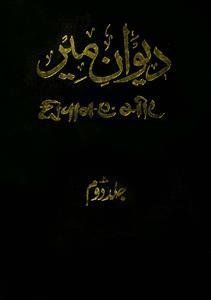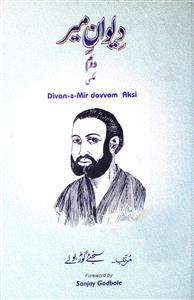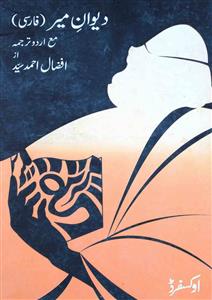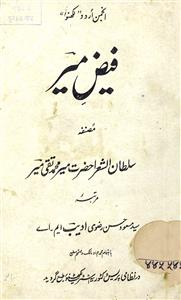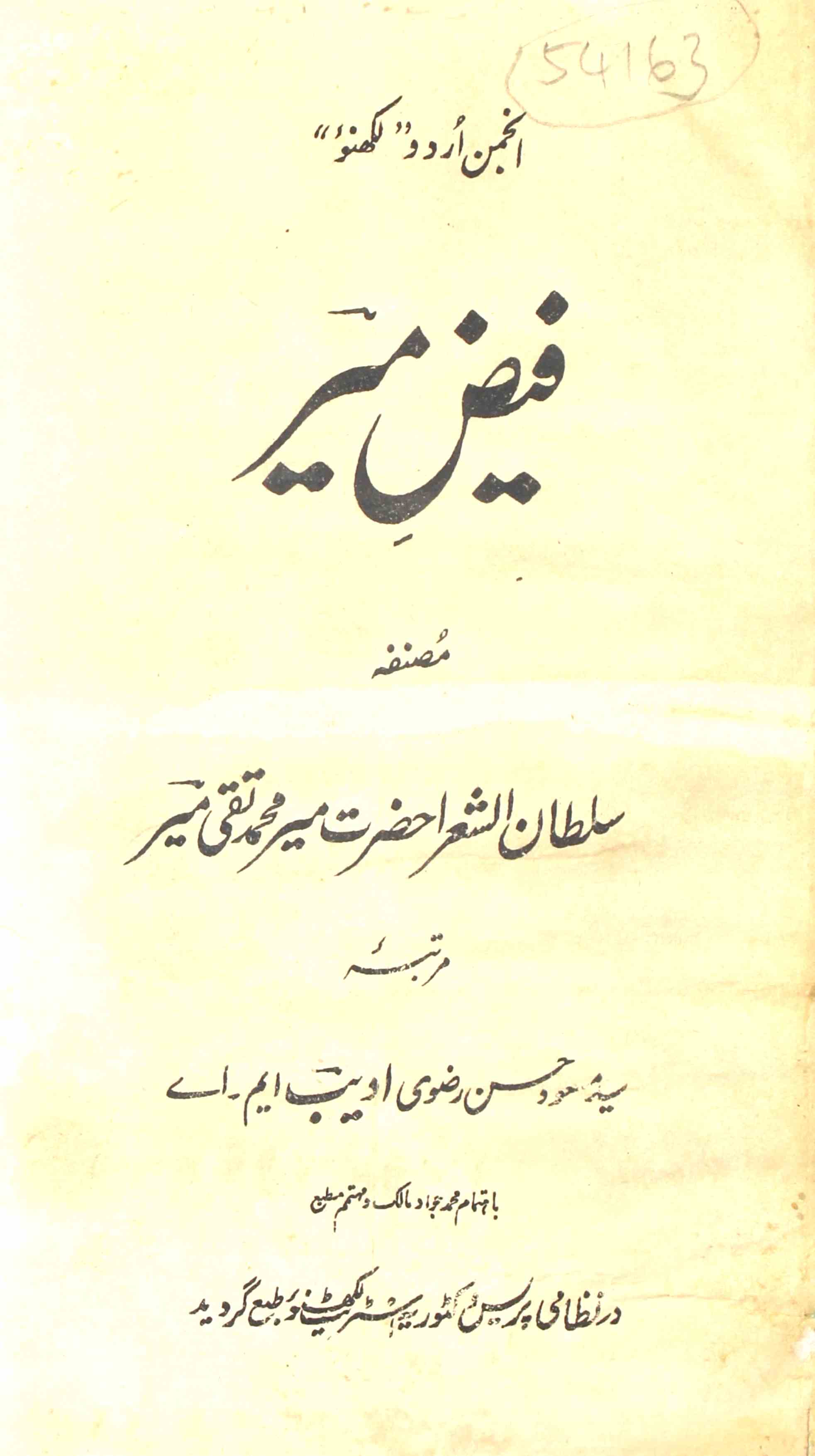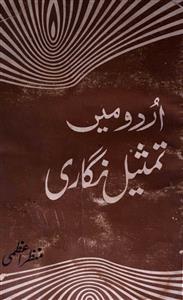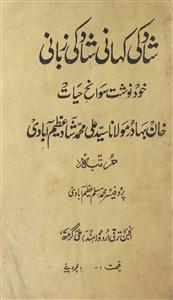 For any query/comment related to this ebook, please contact us at haidar.ali@rekhta.org
For any query/comment related to this ebook, please contact us at haidar.ali@rekhta.org
About The Book
خدائے سخن میر تقی میرؔ کے مشہور تذکرہ "نکات شعرا" کا اردو ترجمہ" تذکرہ میرؔ" کے عنوان سے حاضر ہے۔ "نکات شعراء" اردو کا پہلا تذکرہ ہے اور "تذکرہ ء میرؔ " کسی بھی تذکرہ ء شعرائے اردو کا پہلا اردو ترجمہ ہے۔ ایک عرصہ دراز تک فارسی شعرو شاعری کا چرچا رہا۔اردو زبان میں شاعری کرنا ضروری نہیں سمجھا گیا،لیکن ولی دکنی کے کلام کو دیکھنے کے بعد کئی ادبا و شعرا اردو شاعری کی طرف راغب ہوئے۔بہت جلد اردو شاعری نے ترقی کرلی۔ قدما میں ولی ،مظہر ،حاتم ،درد سودا، میر ،قائم اور میر حسن وغیرہ جیسے اساتذہ کا کلام اس بات کا واضح ثبوت ہے۔ پھر غالب کے زمانے تک تو اردو شاعری نےبہت زیادہ ترقی کرلی ۔بہرحال اردو شاعری روز افزوں ترقی کے ساتھ تذکرہ نگاری کا آغاز ہوا۔فارسی میں تذکرہ نگاری کی روایات اور اس کے نمونے پہلے سے موجود تھے۔جس کو دیکھ کر اردو والوں کو بھی اردو شعرا کے تذکرے مرتب کرنے کا خیال آیا۔لیکن فارسی زبان میں ہی تذکرے لکھے گئے یہی وجہ ہے کہ میر نے بھی اردو شعر اکا تذکرہ فارسی زبان میں ہی لکھا۔اس تذکرہ کو سب سے پہلے 1922ء میں حبیب الرحمٰن صاحب شروانی کے مقدمہ کے ساتھ انجمن ترقی اردو نے شائع کیا تھا۔اس کے بعد دوسرا ایڈیشن 1935ء میں انجمن سے ہی مولوی عبدالحق کے مستند مقدمہ کے ساتھ منظر عام پر آیا۔ پیش نظر "تذکرہ میر" کو مترجم نے مذکورہ دونوں نسخوں کو سامنے رکھ کر ترجمہ کیا ہے۔اس ترجمہ میں کوشش کی ہے کہ مواد کو اس قدر سلیس اور رواں انداز میں پیش کیا جائے کہ میرکا اصل رنگ اور انداز بیاں مجروح نہ ہو۔اس کتاب میں صرف شاعروں کی فہرست حروف تہجی کے اعتبارسے دی گئی ہے۔ترجمہ میں کہیں کوئی تصرف نہیں کیا گیا ۔لیکن چند شاعروں کے انتخاب کلام میں کچھ تخفیف ،کی گئی ہے۔عموما ان شعرا کا کلام بآسانی دستیاب ہے۔اس طرح یہ تذکرہ اردو قدیم شعرا کے کلام ،فنی خوبیوں اورخامیوں کے ساتھ اہم اور معلوماتی ہے۔
About The Author
Maohammad Taqi (1722/23-1810) was born in Akbarabad, now Agra, in a family of very modest means. His father, a pious man of high spiritualist leanings, wished him to follow the path of piety and got Syed Amanullah, a young man who revered Meer’s father, to mentor him. The two did not live long enough to see Meer grow as they wished. Left on his own at an early age of eleven, Meer had to fend for himself then, and thereafter. As he had to explore the means of his livelihood, he went to Delhi where he met Khwaja Mohammad Basit, a kind man, who introduced him to Nawab Samsamuddaulah with whom he found favour. The nawab provided him with the source of his sustenance but it did not last long as he was killed facing Nadir Shah’s attack. Forlorn once again, Meer veered between Delhi, Agra, and its neighbourhood finding irregular support from several nobles for meeting his day-to-day- needs. While he suffered immeasurably at a personal level, he also witnessed the attacks of Nadir Shah and Ahmad Shah Abdali on Delhi, and the decline of Mughal Empire. As Delhi stood derelict and saw the men of taste leaving one by one, he too left. He was called by Nawab Asifuddaulah to Lucknow where he found relief but the extreme sensitivity of his nature did not let him live in peace for long. He refused the favours from the nawab and retreated into his own shell of loneliness and suffered his misery. Happiness was only a short season in Meer’s life; pain a perennial condition. He lived without an address in life, as in death, since the place he was buried is no longer traceable after the laying of rail tracks in the vicinity.
Meer is generally supposed to be a poet of angst but his greatness lies in how he unravelled the existential dilemmas, developed a form, evolved his diction, and brought it to perfection. One of the most remarkable features of his poetry is that he has expressed himself with complete sincerity and disarming frankness on almost every aspect of life and living. This is well testified by the six divans of Urdu and one of Persian ghazals he has left behind, apart from his mathnawi, musaddas, qasida, hajw, and wasokht. He also wrote Nukatusshuara (a tazkira of Urdu poets) Zikr-e Meer (an autobiography), and Faiz-e Meer (a description of Sufi saints) which ensure him a place of prominence in the annals of Urdu literature as a poet, biographer, and critic of sorts.
 For any query/comment related to this ebook, please contact us at haidar.ali@rekhta.org
For any query/comment related to this ebook, please contact us at haidar.ali@rekhta.org
Write a Review
Jashn-e-Rekhta | 8-9-10 December 2023 - Major Dhyan Chand National Stadium, Near India Gate - New Delhi
GET YOUR PASS